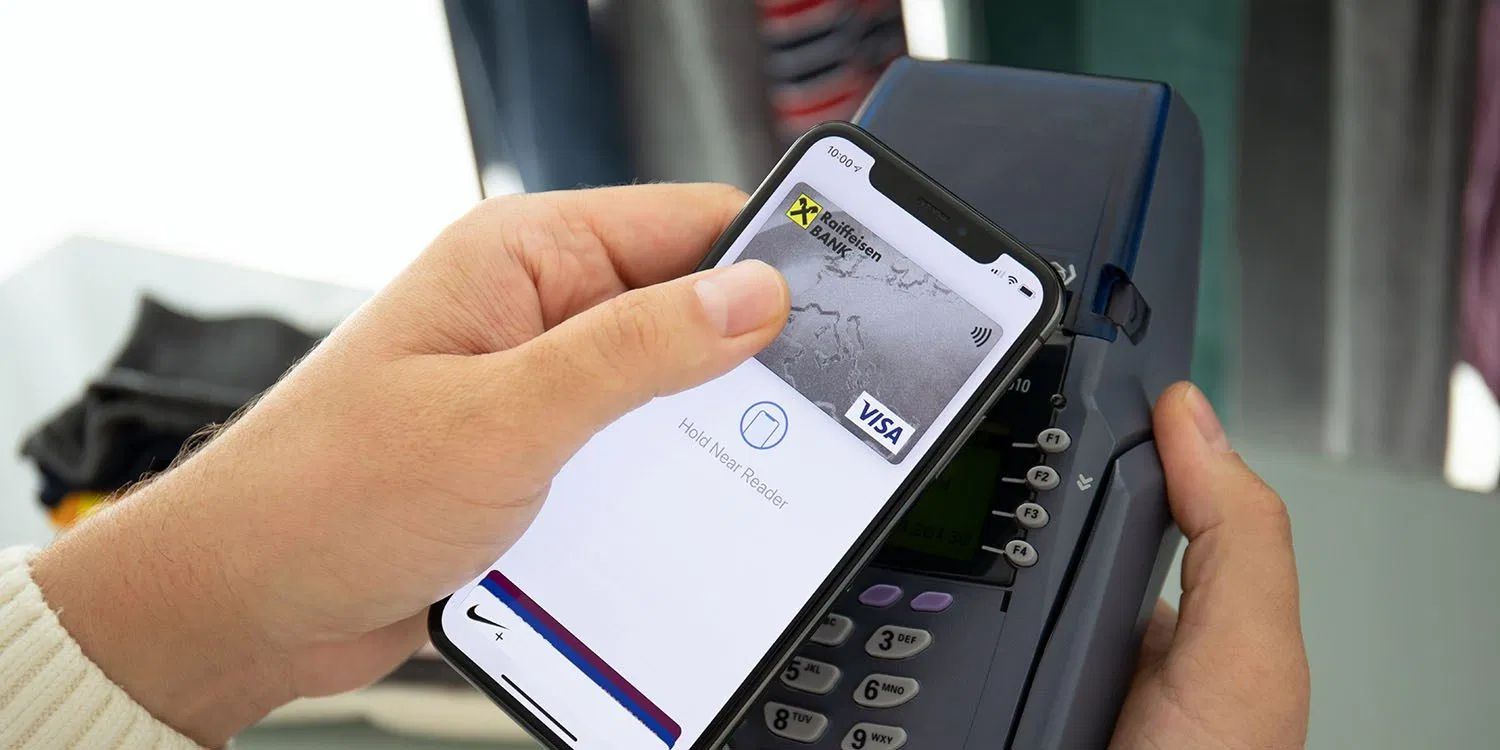 1489
1489
 2019-11-18
2019-11-18

A new German law passed yesterday requires Apple to allow other mobile payments services access to the iPhone’s NFC chip for payments to allow them to fully compete with Apple Pay.
Apple initially completely locked down the NFC chip so that it could be used only by Apple Pay. It later allowed some third-party apps to use the chip but has always refused to do so for other mobile payment apps…
Banks have been demanding access to the NFC chip for their own payment apps since 2016. Australia’s three biggest banks claimed that locking them out of the NFC chip was anti-competitive behavior.
National Australia Bank, Commonwealth Bank of Australia and Westpac Banking Corp all want the right to access the NFC chip in iPhones for their own mobile wallet apps.
Reuters reports that the law doesn’t name Apple specifically, but would apply to the tech giant. The piece somewhat confusingly refers to access to the NFC chip by third-party payment apps as Apple Pay.
A German parliamentary committee unexpectedly voted in a late-night session on Wednesday to force the tech giant to open up Apple Pay to rival providers in Germany.
This came in the form of an amendment to an anti-money laundering law that was adopted late on Thursday by the full parliament and is set to come into effect early next year.
The legislation, which did not name Apple specifically, will force operators of electronic money infrastructure to offer access to rivals for a reasonable fee.
Apple says that the change would be harmful.
We are surprised at how suddenly this legislation was introduced. We fear that the draft law could be harmful to user-friendliness, data protection and the security of financial information.
Other European countries may follow Germany’s example. The EU’s antitrust regular was last month reported to be looking into a number of alleged anti-competitive behaviors and restricting access to the NFC chip is one of them.
The investigation covers topics like the prominence of Apple Pay when users set up an iPhone, like the “Set Up Now” notifications that pop up in the Settings app. Another possible issue is the fact that Apple does not let other NFC payment services integrate with the Wallet app, meaning Apple Pay has several exclusive integrations into iOS.
A Commission representative said that they were looking at “possible anti-competitive market practices and abusive conduct.”
This means that Apple could be forced to allow users to choose which mobile payment app is automatically opened when an iPhone’s NFC chip comes within range of a contactless payment pad.
Source: 9to5mac